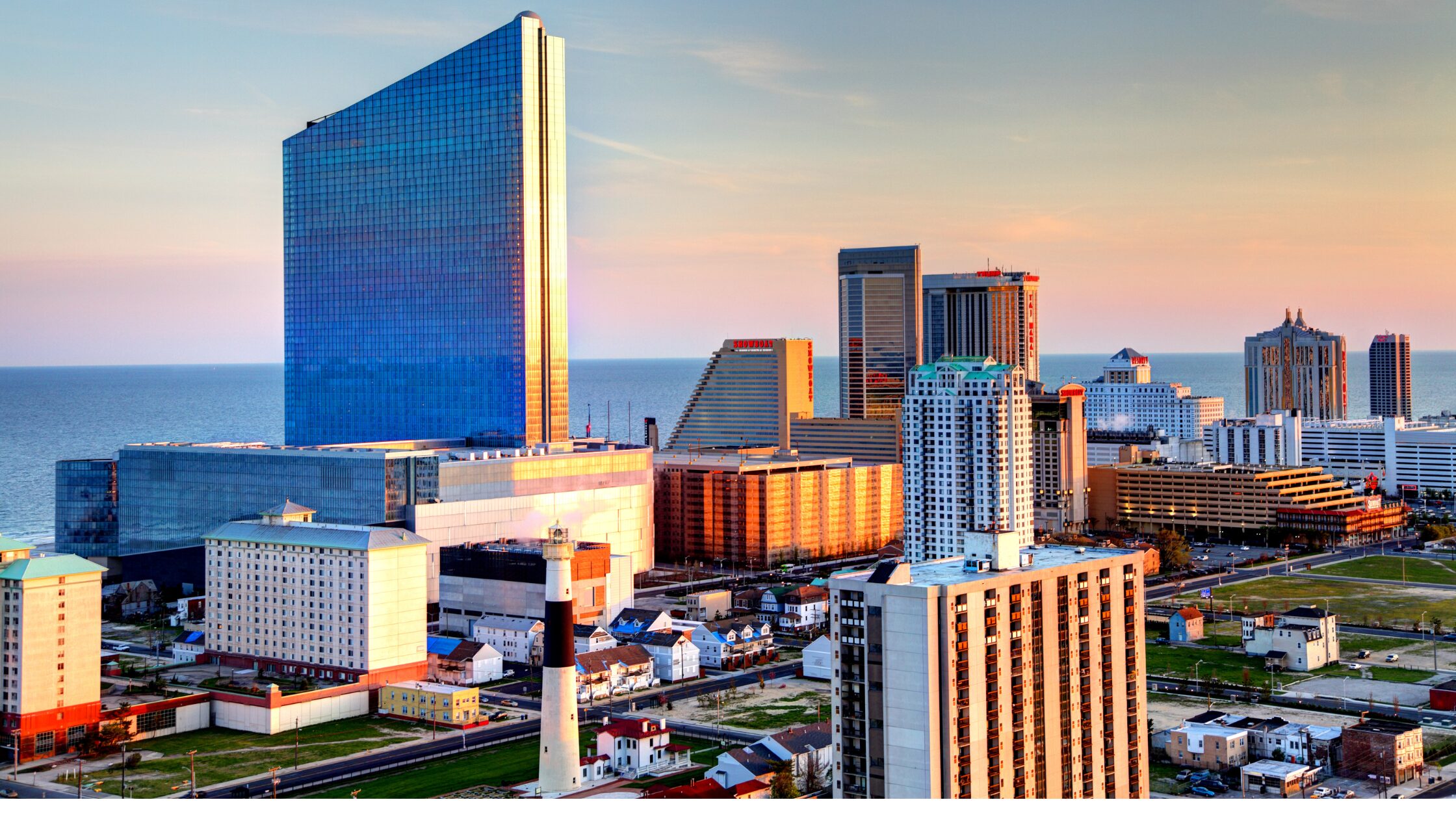Last week, I had the unique opportunity to attend the 27th annual East Coast Gaming Congress, a cornerstone event for anyone vested in the ever-evolving world of gaming, hospitality, and casinos.
This wasn’t just another industry meet-up; it was a gathering of top minds from across the spectrum—government officials, suppliers, and influential leaders—all converging to sculpt the future of the gaming industry.
Speakers delved into the pressing issues and emerging trends that are setting the stage for a new era in gaming. Curious about the insights and ideas that were exchanged? Here’s a snapshot of the discussions that could reshape how we think about gaming:
Gaming & Casino Industry Trends
Exploring the dynamic shifts and emerging patterns defining the future of gaming, these trends are pivotal in understanding the industry’s trajectory.
- Online Gaming Growth: The industry is seeing a significant shift from brick-and-mortar operations to online gaming, with online platforms experiencing a 20-40% annual growth, while land-based casinos remain flat. There is a concern over the potential cannibalization of the traditional casino revenue by the burgeoning online segment.
- Skill-Based Gaming Concerns: Skill-based gaming, particularly video gaming terminals (VGTs), are proliferating, and while they represent an avenue for growth, there is apprehension about their regulation and potential to attract crime, as well as the possible backlash from regulators.
- Omnichannel Marketing: The use of omnichannel strategies is considered important, as customers move from retail to online gaming, with many online bettors wagering twice as much as those in physical locations.
- Betting Advertisements: There’s a noted increase in sports betting advertisements, with two out of every three ads on sports channels being related to betting. This was raised as a concern by Thomas Reeg, CEO of Caesars Entertainment as the rapid growth may invoke a federal response for increased regulation.
Digital Performance Marketing Implications
These points delve into how marketing strategies within the gaming sector are adapting to new technologies and changing consumer behaviors.
- Digital Marketing Lag: Industry leaders collectively recognized a lag in digital innovation, acknowledging they are almost a decade behind other industries. To address this, there is a push towards embracing new technologies and time-tested digital media strategies to modernize customer engagement and streamline operations.
- CRM & AI Utilization: Marketing strategies are leaning heavily towards utilizing CRM and AI tools to better target and retain customers. AI’s predictive analysis tailors promotions to user behavior, while platforms like AdFlow™ allow casinos to retarget audiences in a policy-compliant way that’s not possible on Google, maximizing engagement and loyalty without risking compliance issues.
- Destination Marketing: The concept of the casino as an anchor for destination marketing is being emphasized, with a focus on diversifying offerings to include a wide range of entertainment and hospitality services.
- Atlantic City Reinvestment: Atlantic City is focusing on reinvestment and the rebranding of its image to address stagnant growth and perceptions about the city. Efforts are being made to reinvest in properties and public spaces to revitalize the region.
Social Impact on the Atlantic City Region
Reflecting on the broader societal implications, ECGC speakers examined how the gaming industry’s evolution is influencing Atlantic City’s community and regional development.
- Market Share Competition: There are challenges in terms of the city’s image and competition with nearby regions like New York City, which are seen as threats to Atlantic City’s market share. This is especially concerning to AC executives with the forthcoming Class III downstate gambling license.
- Social Program Funding: A significant amount of gaming revenue is being directed toward social programs, with millions allocated to seniors, disabled individuals, and initiatives providing a second chance to those impacted by the criminal justice system.
- Responsible Gaming Initiatives: The city is grappling with balancing the economic benefits of gaming against potential social issues such as gambling addiction and the need for responsible gaming initiatives.
- Community and Image: A focus on responsible gaming was highlighted, with a panel discussing the importance of considering the holistic well-being of individuals when addressing problem gambling.
The conference underscored the delicate balance the industry must maintain between growth and responsible development. It also highlighted the necessity for Atlantic City to innovate and diversify to remain competitive while also committing to social responsibility and the welfare of its local community.
Overall, the East Coast Gaming Congress provided a multifaceted view of the current state of the gaming industry, the evolution of marketing within this sector, and the social ramifications for the regions involved, particularly Atlantic City.



